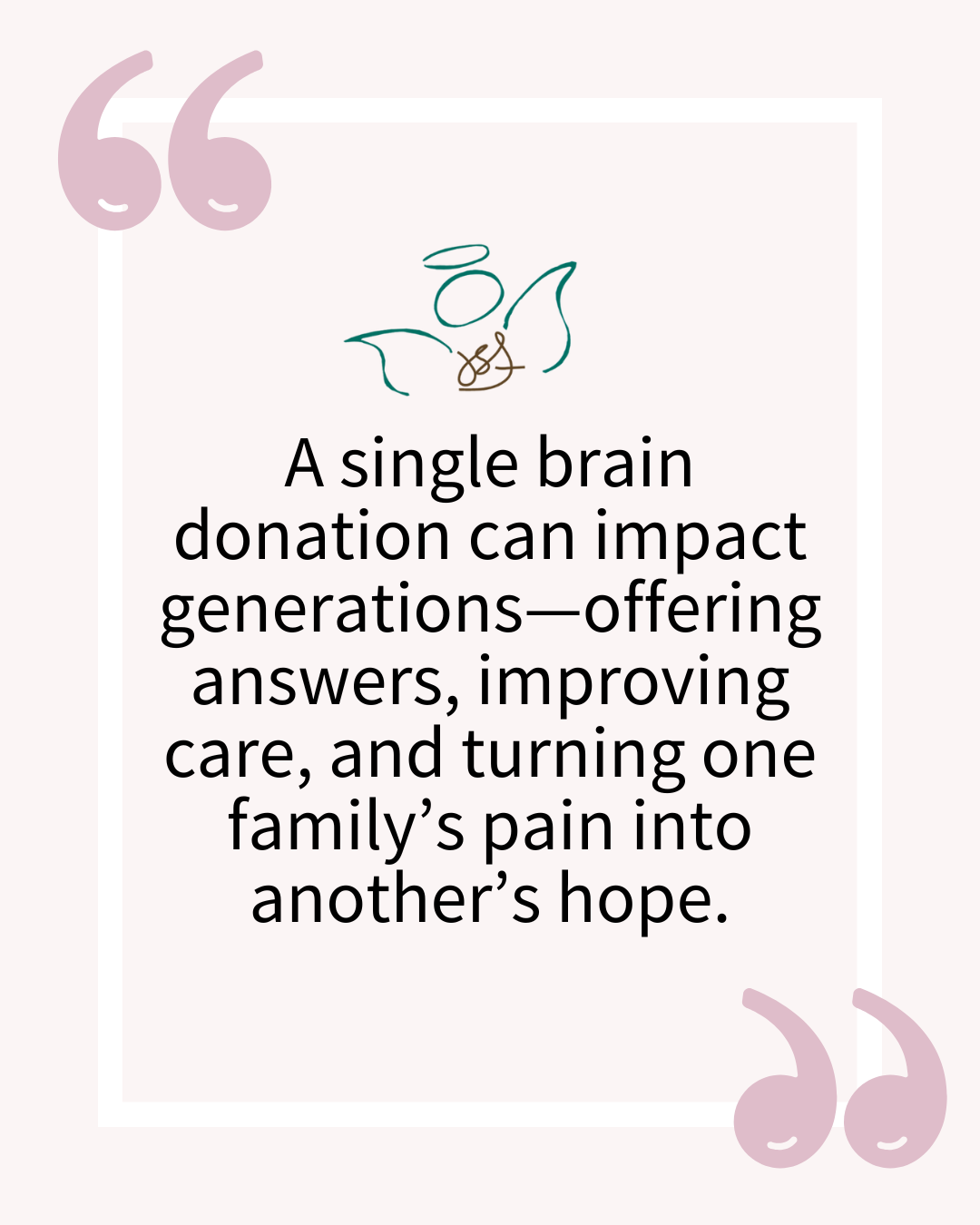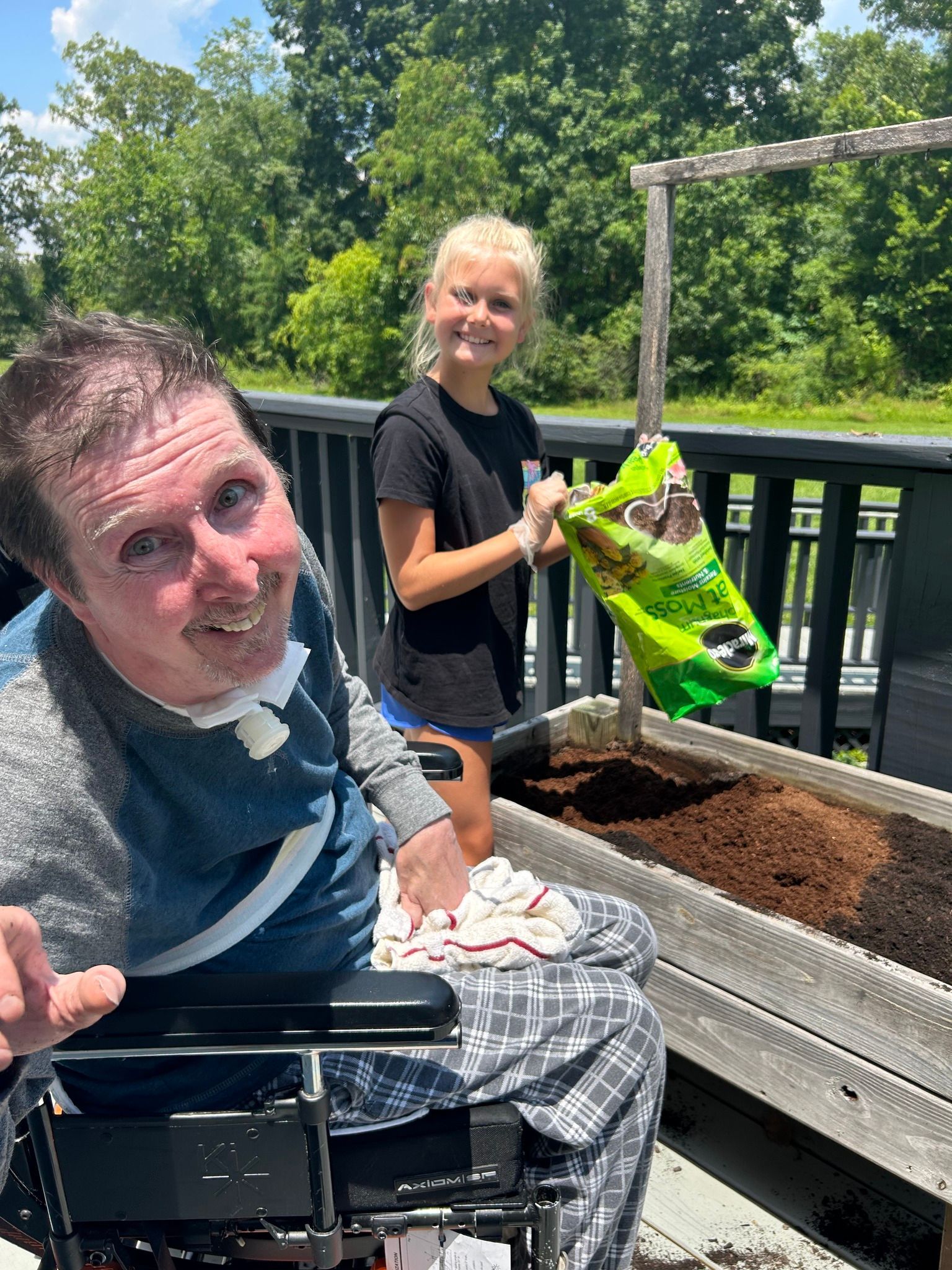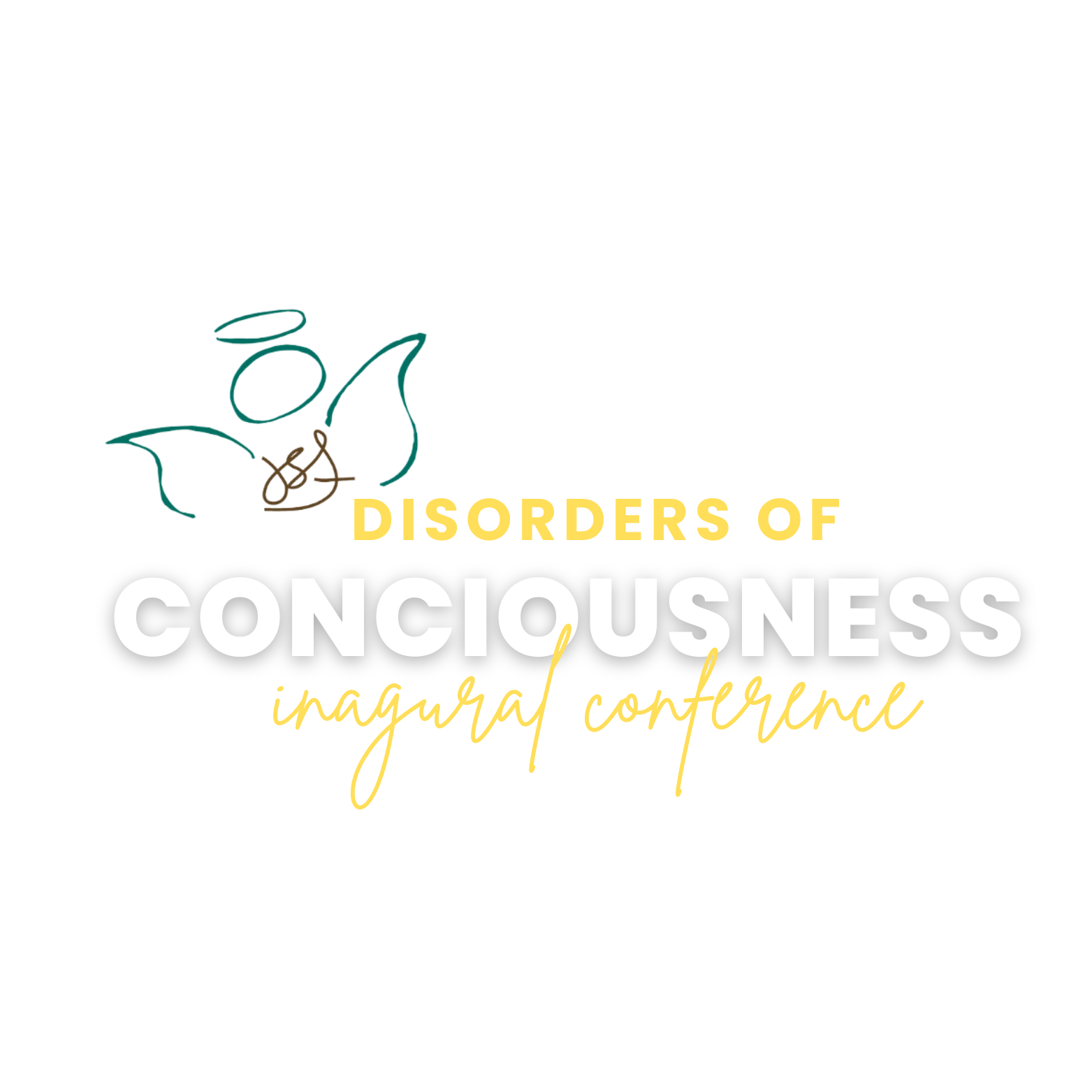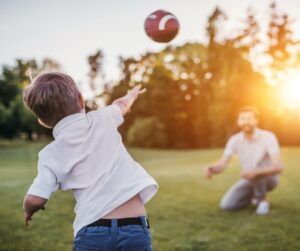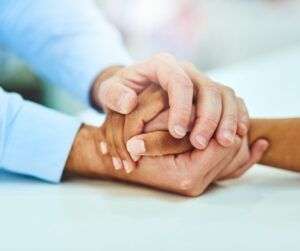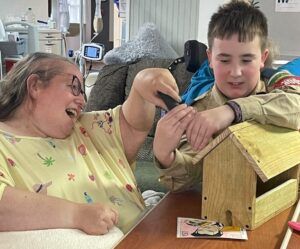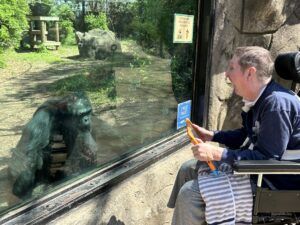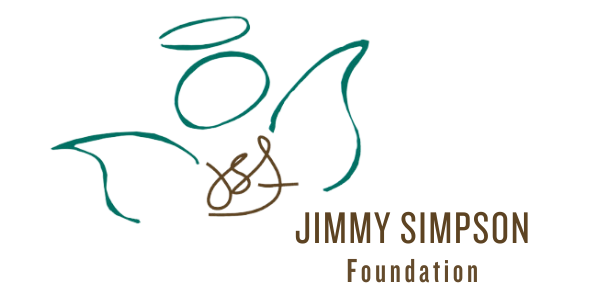Beyond the Battlefield: Understanding PTSD in the Brain Injury Community
In recognition of PTSD Awareness Day – June 27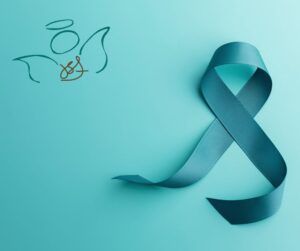
“Healing from a brain injury isn’t just physical—it’s emotional. PTSD can be part of that journey, and no one should face it alone.”
At the Jimmy Simpson Foundation , we often say that healing from a brain injury doesn’t stop at the surface. Many survivors face challenges that are not always visible—anxiety, fear, flashbacks, or emotional outbursts. These symptoms may be signs of Post-Traumatic Stress Disorder (PTSD) , and they are more common in the brain injury community than many realize.
That’s why we’re joining the global observance of PTSD Awareness Day on June 27 , to shed light on this important mental health condition that affects individuals with brain injuries and their families every day.
PTSD and Brain Injury: The Overlap
PTSD is often misunderstood as a condition exclusive to veterans. In truth, any traumatic event —a car accident, stroke, fall, or sudden medical emergency—can cause psychological trauma that develops into PTSD.
For individuals with brain injuries, the risk is even higher. Studies show that nearly 1 in 5 people with moderate to severe brain injuries may also experience PTSD symptoms. These can include:
- Nightmares or vivid flashbacks
- Mood swings and irritability
- Avoidance of reminders of the trauma
- Emotional numbness or withdrawal
- Difficulty sleeping or concentrating
It’s crucial that caregivers, families, and providers understand the signs—and know that help is available .
Safehaven: Supporting the Whole Person
At our Safehaven residential program , we offer more than just 24-hour care for those living with long-term brain injuries . Our trauma-informed approach creates a supportive, structured environment where emotional wellness is just as important as physical recovery.
Through daily routines, spiritual care, social interaction, and staff trained in compassionate communication, we provide a space where individuals can feel safe, seen, and supported.
Families Matter Too
The emotional toll of PTSD doesn’t just affect the survivor. Family caregivers often navigate this journey without enough support or guidance. That’s why we also provide access to caregiver resources for brain injury , community connections, and our brain injury support group, Carol’s Light, to help families know they’re not alone.
How You Can Help
As a 501(c)(3) nonprofit , the Jimmy Simpson Foundation is committed to delivering quality care , advancing education, and expanding brain injury rehabilitation services for both body and mind. You can be part of this important mission:
- Make a donation to support our brain injury initiatives
- Volunteer at events or with our residential care team
- Share this blog to raise awareness and break the stigma
Final Thoughts
This PTSD Awareness Day , we honor every survivor who is working through trauma—one step, one breath, one day at a time. Recovery isn’t linear, and no two journeys are alike. But at the Jimmy Simpson Foundation, we believe that healing is always possible , especially when a community stands behind it.
The post Beyond the Battlefield: Understanding PTSD in the Brain Injury Community appeared first on Jimmy Simpson Foundation.
